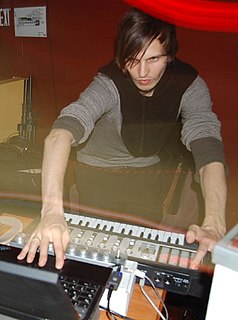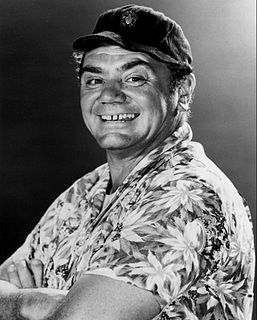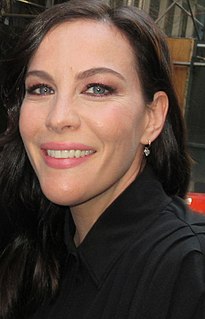A Quote by Susan Sontag
Remember when you hear yourself saying one day that you don't have time anymore to read or listen to music or look at paintings or go to the movies or do whatever feeds your head now. Then you're getting old. That means they got you, after all.
Related Quotes
For West is where we all plan to go some day. It is where you go when the land gives out and the old-field pines encroach. It is where you go when you get the letter saying: Flee, all is discovered. It is where you go when you look down at the blade in your hand and the blood on it. It is where you go when you are told that you are a bubble on the tide of empire. It is where you go when you hear that thar's gold in them-thar hills. It is where you go to grow up with the country. It is where you go to spend your old age. Or it is just where you go.
My first advice would be to read, read, read, which sounds interesting coming in a digital age, but it's so much easier to listen to a poem than it is to sit down and actually read it and to hear it in your head and that is something that every poet or aspiring poet needs to be able to do, I think to hear it in their head.
The advice I would give to any photographer - young, old or in-between - is to explore anything visual because this is, after all, how you express your artistry. Look at paintings, movies, drawings, sculptures - look at anything visual and try to integrate that into your visual sense. After that, go out and take pictures and keep on taking pictures!
I tended to listen to doo-wop, but my grandmother would always have the radio on all day and she'd start with Yiddish and then move on to gospel and later to "make believe" ballroom music. I got to hear all kinds of music and my mother would get up to go to work listening to country music. That was her alarm clock. My dad was a jazz lover and listened to the man who wrote "Misty", Errol Garner. He loved piano players, so I got to listen to that as well.
I've written arrangements for choirs and strings in the past, but I usually write music with my voice or a keyboard and then I'll get someone who is good at writing scores to write it out. Or, if I have the luxury of time, I will go in a room and hear the people perform and then change it through what I hear, not on paper. I can read music OK, but I probably rebelled a little - music changes into something else when you read it.
listen to me as one listens to the rain, the years go by, the moments return, do you hear the footsteps in the next room? not here, not there: you hear them in another time that is now, listen to the footsteps of time, inventor of places with no weight, nowhere, listen to the rain running over the terrace, the night is now more night in the grove, lightning has nestled among the leaves, a restless garden adrift-go in, your shadow covers this page.
My favorite advice that I always go to is ever since I was in middle school is from my mom. Every day before I left the house, she would say "Remember who you are." Every day. So when I started getting into music, every day she sends me a text saying, "Remember who you are and remember why you're doing this."
I'm a critic. That means you are a writer. So, yes, you have to make yourself an authority on whatever subject it's going to be. Music, movies, literature, whatever it's going to be, but what you really want to do is learn your trade by reading other writers. I think you have to read veraciously, especially people who have done what you have done to see how it's been done in the past; what works, what doesn't work.
A lot of people forget that today. They come to the point where you walk on a set and the first thing you know you're looking at the sound man and you're saying to yourself, "How the hell can they get any sound when nobody is talking!" They get all mumbly. You can't make out what they're saying! And you're 6 feet away from them! Whereas in the old-time movies, you hear them, you understand every word they're saying, and you didn't have to put on your loudspeaker.
I just remember saying to myself that I'd much rather do movies than modeling, and that it was worth a try. I didn't really know anything about it. I hadn't seen many movies, or so-called, good movies. When I was a kid, I was obsessed with Star Wars and Night of the Living Dead. When I got more curious about the movies, I thought they were something you had to learn about and go to school for and read every book.
I guess the negative thing that happens to me is that I'm old now. They said there was a generation I was too young for and now some will say there's probably 10 generations I'm too old for. They'll say, isn't he dead or retired or whatever? Or it just becomes fashionable to say "Oh he's not funny anymore," which, I don't know, maybe to them I'm not. I'm more likely to hear that now than I am to hear that I'm unacceptably risqué.



































